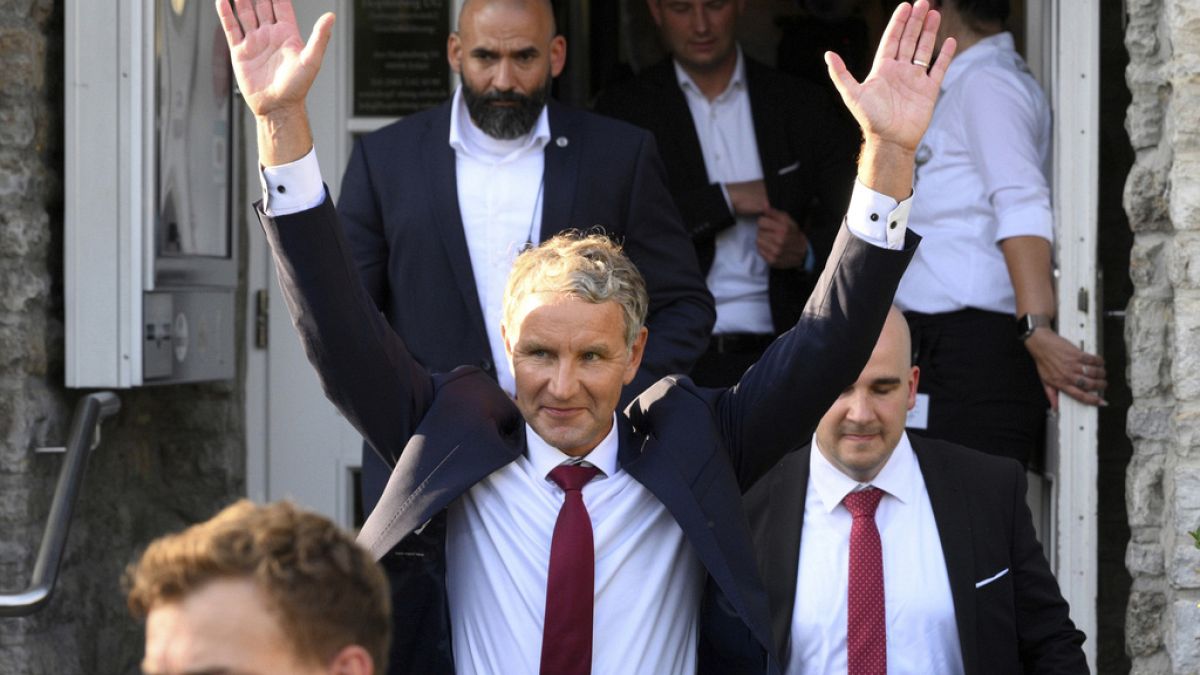The recent elections in Thuringia and Saxony have brought significant political shifts, with the far-right Alternative for Germany (AfD) achieving its first electoral victory in history. The AfD won with about 33% of the vote in Thuringia and 30% in Saxony, coming in ahead of other parties. The success of the AfD is a major shakeup of the status quo in German politics, with the party’s gains likely to have far-reaching impacts on the nation’s political landscape.
On the other end of the spectrum, the new leftist party BSW also saw success in the elections, outperforming its old political home of Die Linke. Led by Sahra Wagenknecht, the party combines left-wing economic policy with an anti-immigration agenda. Wagenknecht hopes to form a government with the conservative CDU, indicating potential common ground on certain policy issues. The rise of BSW represents another significant development in Germany’s political scene.
The results of the elections also have implications for Germany’s foreign policy, particularly concerning Russia and Ukraine. Both the AfD and BSW have close ties with Moscow and are critical of Western support for Ukraine. They advocate for closer ties with Russia and oppose military engagement in Ukraine, aligning with the Kremlin’s interests. The success of these parties may influence Germany’s stance on Russia and Ukraine in the future.
The elections have put pressure on Chancellor Scholz’s ruling federal coalition and the CDU, with voters punishing the governing coalition parties for their performance. The CDU, despite leading in national polls, faces challenges in forming governments in Thuringia and Saxony due to the AfD’s seats in the legislatures. The political landscape in Germany is in flux, with difficult decisions ahead for all parties involved.
Overall, the weekend’s elections mark a significant shift in German politics, with the far-right AfD making historic gains and a new leftist party emerging as a strong contender. The results have implications for Germany’s domestic and foreign policy, as well as for the future of the ruling coalition and the CDU. The political landscape in Germany is evolving, and the outcomes of these elections will shape the country’s direction in the months and years to come.











